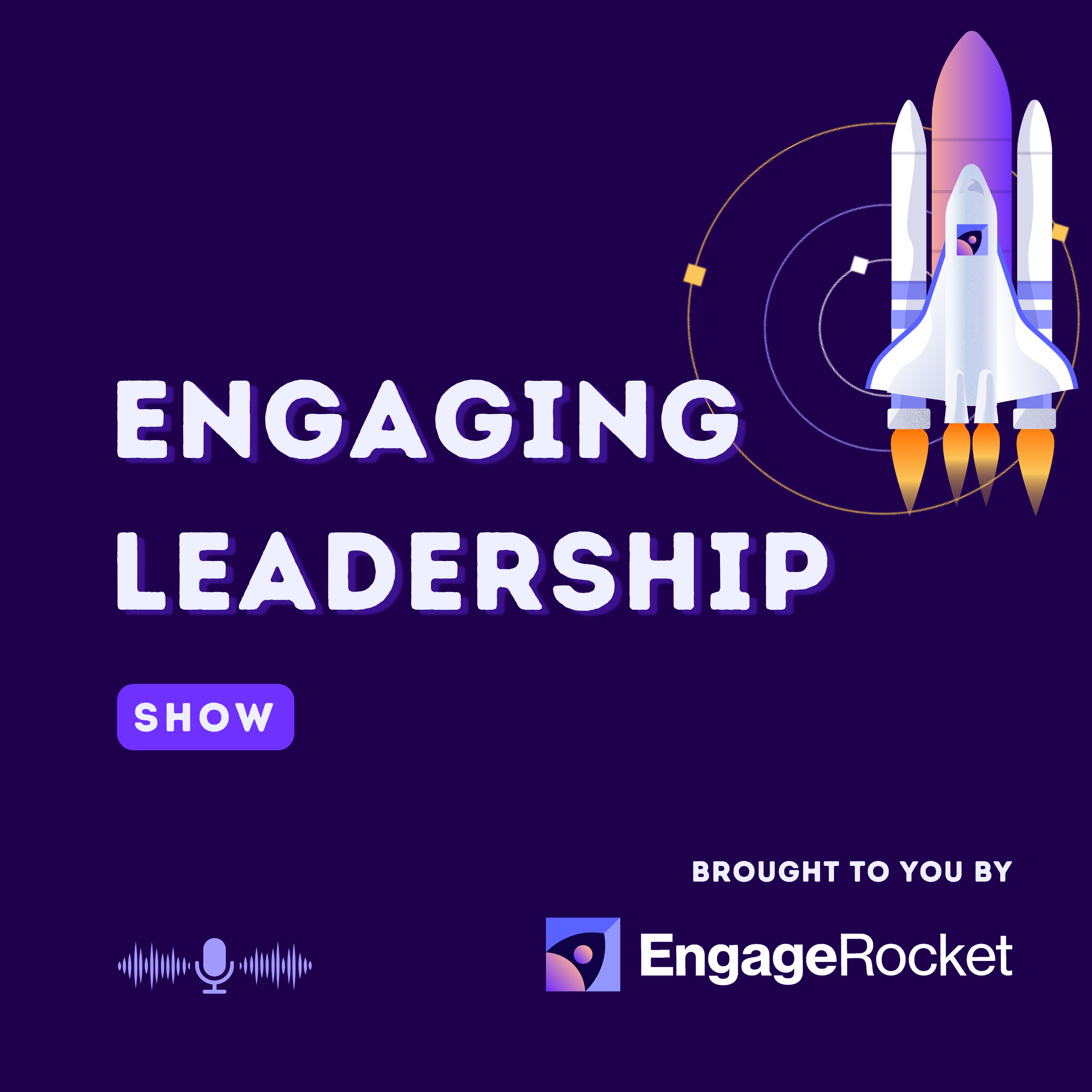What are the Best Practices Managers Need to Follow for Effective 1:1s?
[SUMMARY]:
The key to effective one-on-one meetings is to focus on building connections with team members and aligning everyone with the organization's objectives. Managers should come prepared with a mutual agenda, focusing on one problem and collaborating on a solution. The meetings should be consistent, with a rhythm in place, and focused on dialogue and collaboration rather than a monologue. These meetings should be a safe space for team members to discuss obstacles and career development. Confidentiality is crucial to creating a safe space, and accountability is necessary to evaluate progress against objectives. The goal of building an elite organization is achieved through empowered managers and engaged employees.
Timestamp
0:00:00
Introduction to the importance of effective one on ones for managers in small to midsize organizations.
0:01:12
The key elements of an effective one on one: a mutual agenda, limited in scope, focused on collaboration and dialogue, and consistent.
0:02:39
The purpose of one on ones is to remove obstacles and help with career development, with an accountability component to evaluate progress.
0:03:36
The importance of confidentiality in creating a safe space for direct reports to come to managers with problems.
0:04:13
Summary of the five key steps to an effective one on one and a recommendation to check out Chris Williams for more detail.
Transcript
How to Conduct Effective 1:1s
Dr. Jim: [:If you're the leader of a busy HR team, this is one of the biggest ways that you can impact the day-to-day of your managers is by arming them with what they need to be effective in their one-on-ones. If you're a line level manager and you're doing one-on-ones and you're reviewing things like pipeline and progress on projects, that's the wrong conversation.
to the mission. One-on-ones [:They're not just a to-do list and a monologue, they. Connect everybody on your team to the objectives, the strategic goals, and this is where managers play a critical role in advancing towards those initiatives. So how do you actually do an effective one-on-one?
First and foremost, you have to be prepared.
When you're thinking about agenda, this is not your agenda. It's a mutual agenda. And Chris Williams often talks about having two goals in a one-on-one talk about one problem, and then after you've talked about that one problem, Collaborate on that one solution.
ing that you're dealing with [:Second aspect that you need to keep in mind is that this has to be consistent. They're scheduled, they're consistent, they have a rhythm in place, and they have some key objectives. That's gonna help you become a really effective manager. And it's also gonna help your team really get committed to the things that you want to accomplish together .
hey're facing. If you're not [:Each one-on-one should have an accountability component to it. So you've identified a problem, you've collaborated on some potential solutions for it. Then what are the action items? And use that format to build a rhythm. And then every one-on-one builds on each other and allows you to evaluate progress against those objectives.
Last, but certainly not least, if you're wanting to conduct an effective one-on-one. Gotta make sure this stuff is confidential. One of the key responsibilities that a manager has is to create a safe space for your direct reports to be who they are and come to you with problems if you breach that.
You're looking at doing some pretty significant damage to the relationship and that's gonna have an overall impact on how engaged that employee is.
o recap five key steps to an [:If you want more detail on doing an effective one-on-one, I would recommend that you check out Chris Williams. He does a great amount of teaching on this topic. The goal that everybody. Is striving for is to be part of something elite, part of something that leaves a legacy.
The formula for building an elite organization is really simple. Empowered managers, engaged employees, build elite organizations. Hopefully this gets you on the path of building that elite organization.



